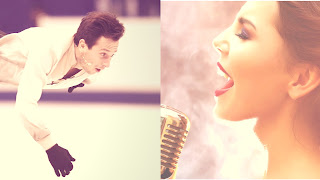What are the Symptoms of Muscle Tension Dysphonia (MTD)? What Kind of Alternative, Natural & Holistic Treatments Are Available?

The term Muscle Tension Dysphonia is a general term that could be associated with an imbalance in the vocal anatomy's muscles coordination as well as breathing patterns required to create the sound of the human voice. Muscle Tension Dysphonia (MTD) may occur suddenly, or, most likely, as a result of a strained voice being pulled into the neck muscles. The reason behind this disorder is not always known. It may be triggered by allergies, illness, acid reflux or, by whichever other means... Symptoms - The most common symptom of this disorder is a change in voice quality, often associated with discomfort of the throat and/or vocal box in general while speaking or singing. Also, almost always, symptoms like hoarseness and raspiness will be associated with an increased effort to talk or sing, coupled with subsequent fatigue during continuous voice overuse and/or (outright) misuse. Treatment - There is an alternative form of voice therapy which is the gold standard for th...





